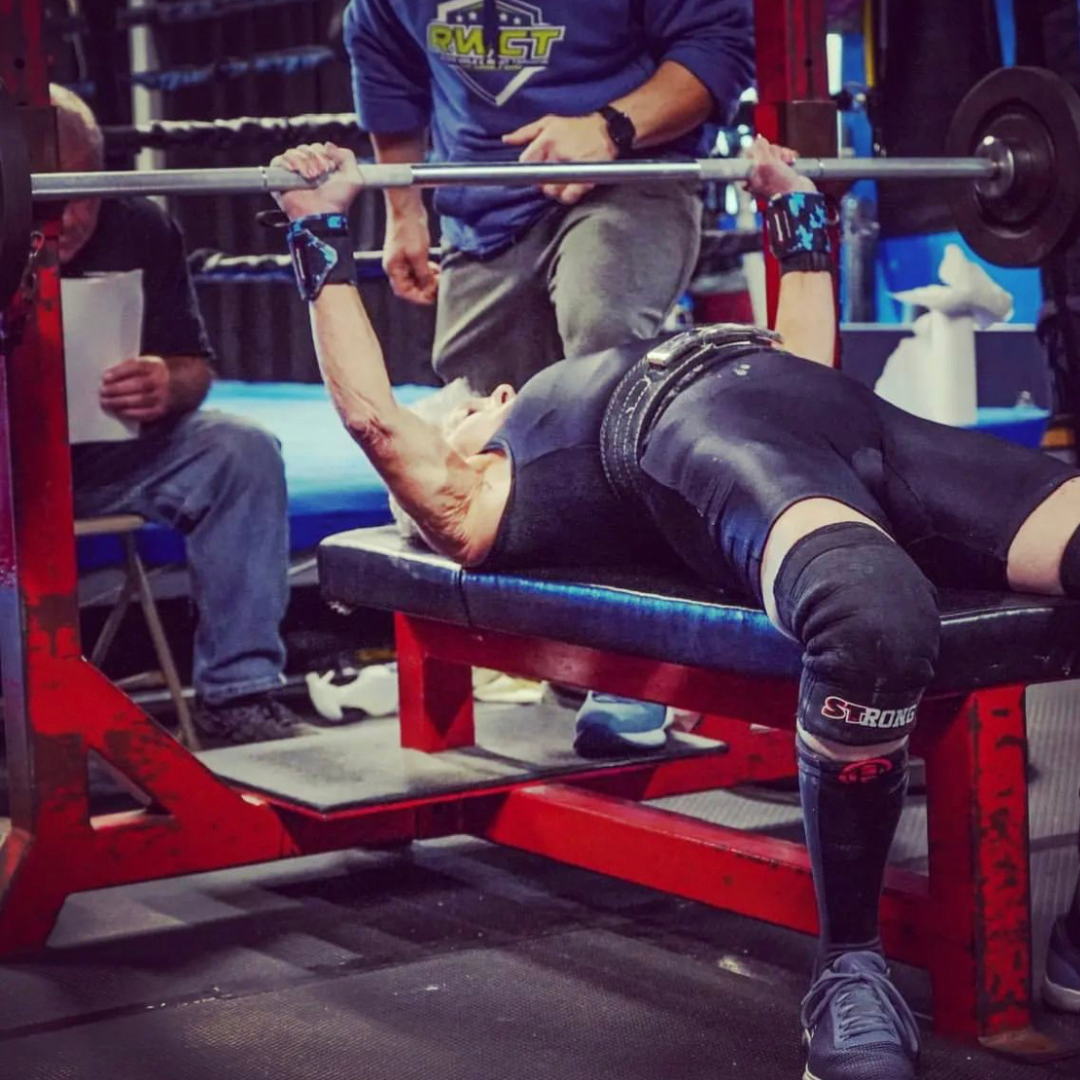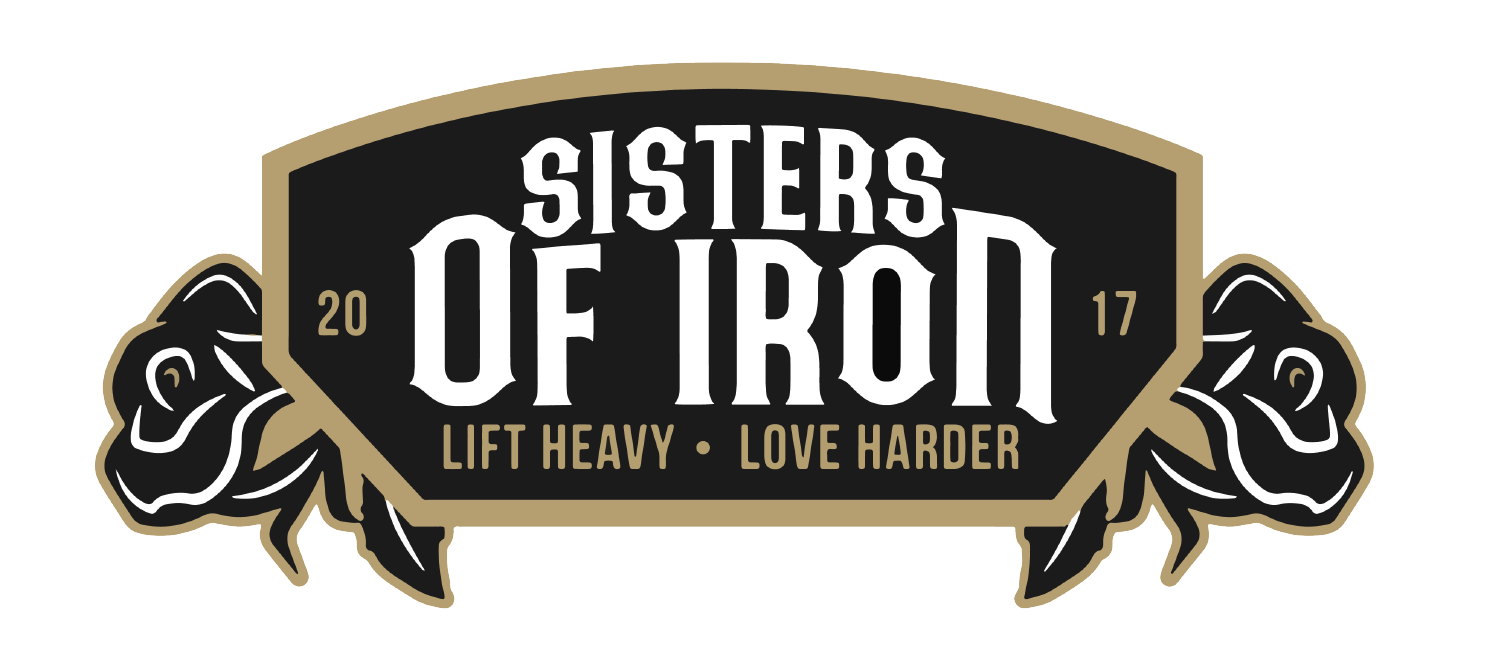What Matters Most About Meal Timing & Frequency by Dr. Kristin Lander, DC, CISSN

What Matters Most About Meal Timing & Frequency
By Dr. Kristin Lander, DC, CISSN
Want an easy way to increase your performance in the gym? Grab my free pre/post-training meals guide.
There is so much information out there about how many meals to eat, when to eat them, and how many times to eat in a day. It can get us all feeling a little like this:
![]()
Am I right?!
If you know me, you know I am all about finding the simplest strategy that gets the biggest results. Any nutrition coach can suggest complicated strategies to improve strength and meet a client’s goals. But it takes skill to distill down the plethora of information into easy to use strategies that get real results.
One of the topics that gets overcomplicated is how often you should eat. Back in the day, when I was a 19 year old gym rat who read Muscle & Fitness, I was constantly reading we needed to eat 5-6 meals a day to “stoke” our metabolism and keep fat burning + muscle gaining happening around the clock. Guess what? That’s simply not true. Or at least, not as true as we once thought it was. If you want to get nerdy you can check out this, this, this, this, and this article.
Essentially what all of those articles say is it does not appear eating 6 times per day vs 3 times per day is any better at improving body composition, unfortunately, nearly all of them leave out talks about effects on training performance. So let’s talk about what matters most when it comes to eating as a lifter:
- Total Daily Caloric Intake: If you aren’t eating enough food to support your goals… you won’t meet your goals. This is true whether your goal is to get stronger, to lose body fat, or to increase muscle. Total calories is of utmost importance
- Total Daily Protein Intake: Regardless of when you eat your protein, the aspect that matters most about protein is eating an adequate amount. The International Society of Sports Nutrition states that an athlete should consume 1.4-2.0g/kg of body mass per day. The part I hate about research is athletes who fall into obese categories are often left out of the research. If you fall into that category, your protein consumption should be about 2g/kg of lean body mass. Now, in order to meet our protein requirements, it may be easiest for many people to consume protein every 3-4 hours, and there is some limited research to say you may have better muscle building outcomes by doing that, but again, total daily intake is most important here.
- Pre & Post-Training Meals: This used to be of way less importance in the strength world because the majority of the science people were following stemmed from research done on people lifting weights for reasons other than our main focus of strength building (caring solely about muscle gain, fat loss, or improved health markers). For an athlete, eating before and after training can have massive effects on your training outcomes and recovery. Grab my free guide on how to do this right.
That’s it! Those are the 3 things that matter most. Are there other slight nuances that might matter? Yes, and we cover these with our coaching clients that have the rest of this nailed down but for the most part, meal frequency comes down to personal preference and what helps you stay consistent over time.
Some people have really busy schedules and if they plan to eat 5-6 meals a day they will often end up missing one or two of those. For those people, planning on 3 or 4 large meals may be a far better way for them to meet their needs. Also, some people feel satiated from a meal longer when they have a large meal vs a small meal.
Conversely, some people simply cannot get in all the food their body requires in 3 meals, those people would be better off eating smaller, more frequent meals. There are also others who increase their meal frequency (with smaller meals) and it makes them less hungry than if they have 3 big meals.
Once you get the 3 basics down that I mentioned above, play around with how many meals you eat in a day and stick with what you’re able to be most consistent with (knowing that might change as your nutritional needs or schedule changes).
Don’t forget to go grab my free pre & post-training meals guide!

Leave a comment